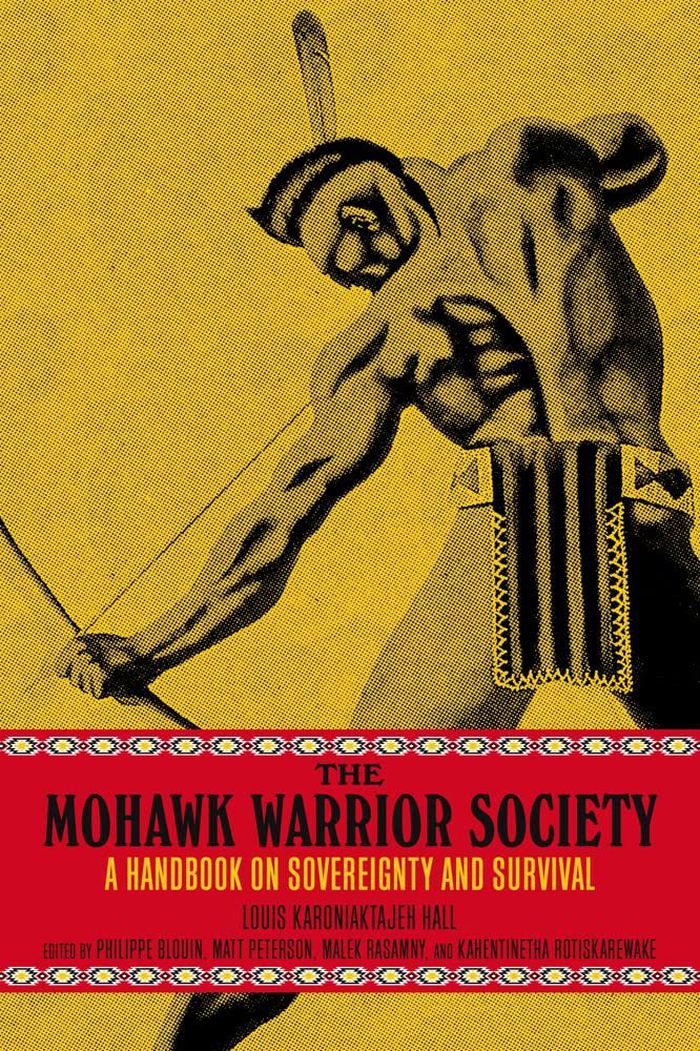Capitalisme carcéral
$21.95
(available in store)
Summary:
Dans son livre « Capitalisme carcéral, » Jackie Wang examine le fonctionnement actuel du capitalisme aux États-Unis illustrant divers aspects du continuum carcéral comme la biopolitique de la délinquance juvénile, le profilage racial, la police prédatrice, la gouvernance cybernétique et le maintien de l’ordre algorithmique. Comment un réseau carcéral et des appareils de(...)
Capitalisme carcéral
Actions:
Price:
$21.95
(available in store)
Summary:
Dans son livre « Capitalisme carcéral, » Jackie Wang examine le fonctionnement actuel du capitalisme aux États-Unis illustrant divers aspects du continuum carcéral comme la biopolitique de la délinquance juvénile, le profilage racial, la police prédatrice, la gouvernance cybernétique et le maintien de l’ordre algorithmique. Comment un réseau carcéral et des appareils de répression policiers s’articulent-ils à la violence de l'économie et du racisme? S’agit-il de la continuation directe, sous un autre visage, du système d’esclavage qui perdura jusqu’au XIXe siècle et sur lequel se sont fondés les États-Unis d’Amérique? Est-ce un système de gestion des populations « surnuméraires » déclassées de leur position dans la hiérarchie sociale? Est-ce que les dispositifs policiers qui strient les espaces urbains ne seraient que d’autres moyens d’extraire de la valeur afin de garantir, à travers les mille et une infractions qu’ils répriment et le fermage d'amendes, la santé financière de l’État? De la privatisation des prisons et des agences de sécurité jusqu’au développement massif d’une industrie technosécuritaire en passant par les algorithmes de reconnaissance faciale et le quadrillage GPS des villes qui les transforment en véritables prisons à ciel ouvert, cet ensemble d’hypothèses nous fait plonger au cœur de l’enfer du capitalisme américain, de ses logiques totalitaires et sécuritaires et de ses processus de racialisation des corps.
Social
$34.95
(available to order)
Summary:
This anthology by members of the Mohawk Warrior Society uncovers a hidden history and paints a bold portrait of the spectacular experience of Kanien'kehá:ka survival and self-defense. Providing extensive documentation, context, and analysis, the book features foundational writings by prolific visual artist and polemicist Louis Karoniaktajeh Hall (1918–1993)—such as his(...)
The Mohawk Warrior Society: auto-history of the Rotisken'rhakéhte
Actions:
Price:
$34.95
(available to order)
Summary:
This anthology by members of the Mohawk Warrior Society uncovers a hidden history and paints a bold portrait of the spectacular experience of Kanien'kehá:ka survival and self-defense. Providing extensive documentation, context, and analysis, the book features foundational writings by prolific visual artist and polemicist Louis Karoniaktajeh Hall (1918–1993)—such as his landmark 1979 pamphlet, The Warrior’s Handbook, as well as selections of his pioneering artwork. This book contains new oral history by key figures of the Rotisken'rhakéhte's revival in the 1970s, and tells the story of the Warriors’ famous flag, their armed occupation of Ganienkeh in 1974, and the role of their constitution, the Great Peace, in guiding their commitment to freedom and independence. We hear directly the story of how the Kanien'kehá:ka Longhouse became one the most militant resistance groups in North America, gaining international attention with the Oka Crisis of 1990. This auto-history of the Rotisken'rhakéhte is complemented by a Mohawk history timeline from colonization to the present, a glossary of Mohawk political philosophy, and a new map of Iroquoia in Mohawk language. At last, the Mohawk Warriors can tell their own story with their own voices, and to serve as an example and inspiration for future generations struggling against the environmental, cultural, and social devastation cast upon the modern world.

